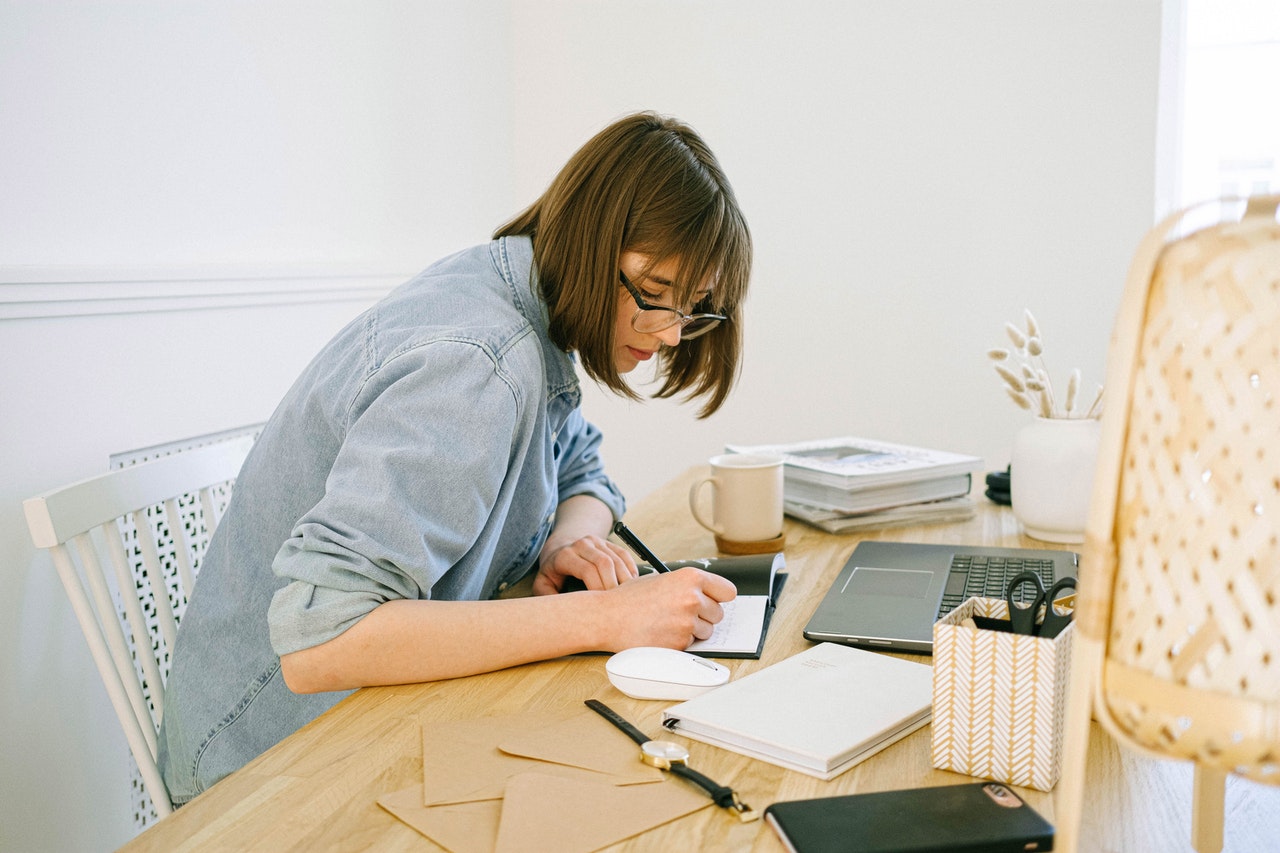You may have ignored the growing minimalist movement these past years. This is true, especially if it did not suit your lifestyle. You could pass on it; it was just an option. You may have seen it as a fad.
During the pandemic, however, many businesses decided to have their employees work remotely from home. Suddenly, the minimalist lifestyle makes sense. But it might not become an option but a need. How else could you fit in your work setup in your home? If you are living with someone who also needs to shift to working from home, the problem is magnified.
Making Space
You cannot magically create more space without constructing an extension to your home. In many cases, such as in rentals or condominium units, this is not even possible.
There is only one way to make space for your work area or areas. You need to rearrange the things that are already occupying space in your home. Some things might need to go completely. Others might need to be replaced.
Multifunctional Storage
Check all your furniture. You can replace anything that can be replaced with another that doubles as storage. There are such designs for sofas, beds, center tables, side tables, and even dining tables. Some ottomans also have storage, but is that storage worth the space it will take up?
Cabinets in the kitchen and elsewhere, including the bedroom, must reach up to the ceiling to maximize vertical space. If the existing cabinets stop short of the ceiling and renovation is too costly or not allowed, fill up that space with aesthetically pleasing storage bins.
Letting Go
If you replace everything, though, you will still end up with too many things. Even your additional storage has limits. You cannot shirk from the task of sorting through your possessions to determine what you truly need, what is emotionally valuable enough to keep, and what you must let go of.
What you truly need will turn out to be much less than what you already have. It is more difficult to choose what to keep, not because you need it but because of its emotional value. There might be too many of these things. You have to choose wisely because you cannot keep them all.
Letting go does not mean throwing away things. You could give away things with sentimental value to family or friends who similarly value them. You could sell other items. You could also donate them to charity. You could even send things that are no longer fit for use to recycling centers.
Breathing Space for Health
The immediate need for space may have triggered the initial process of uncluttering. It cannot stop there, though. It must also include a change in the mindset to maintain the minimalist lifestyle. Otherwise, with time, things will start accumulating again. With the addition of workspaces in the home, the situation could turn out to be worse than before.
Studies have shown that clutter leads to mental and physical stress. This, in turn, leads to illness. Having a cluttered home and having to work in it can be the tipping point.
On the other hand, the same studies have shown that having a minimalist mindset and living a minimalist lifestyle lead to inner peace, fulfillment, and happiness. This mindset avoids consumerism and overconsumption. It gives more value to human connections and experiences instead. It creates a breathing space that leads to good health.
Living a Philosophy
In minimalism, resources are creatively and meaningfully allocated with intention. Such resources include not just finances but also time, effort, and attention.
In the minimalist movement, people prefer to trade used goods based on need. The useful life of an item is exhausted before it is assigned for recycling if recyclable. There is no need to support the manufacture of a new item when there are available ones in existence. This, in turn, preserves the planet’s resources.
When a new item needs to be purchased, it is chosen based on quality and durability. The aim is to be able to use it for as long as possible. This is the opposite of purchasing things based on trends and buying new ones just because the old ones are no longer in style.
Limited resources during the pandemic seem to have nudged more and more people to shift to a minimalist lifestyle. It may not be by choice at first, but, hopefully, the change will soon become organic. It may be what humanity and the planet need.
